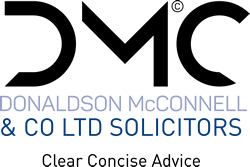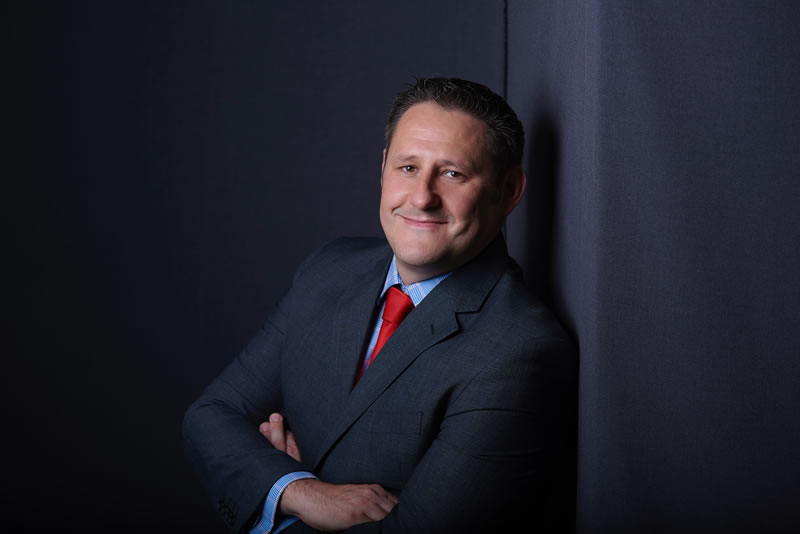If you have concerns about the outcome of medical treatment or advice from a doctor, dentist or other medical professional under whose care you or a family member have been placed, then you may be entitled to claim compensation.
Medical negligence is an emotive subject, our aim is to put clients at ease and provide them with the right legal advice to create a suitable outcome. Typical claims include: surgery, post-operative care, misdiagnosis and lack of informed consent.
If you are dissatisfied with the level of care you have received during medical treatment or the outcome of a medical procedure then you may have a claim for professional negligence against the care provider such as a consultant, doctor or dentist.
These cases are often complex as they involve the careful study of your notes and records and require the involvement of an independent consultant to assess the standard of your treatment.
We will retain an appropriate consultant to address whether the treatment you received was adequate or whether it feel below the expected standard. We will also instruct a medical expert to prove that this failure to provide proper care has resulted in you suffering loss and damage and will have them prepare a report on your symptoms and prognosis for recovery.
We work closely with a carefully selected panel of consultants who provide quality reports and who are able to confidently articulate your position should the case proceed to trial.


